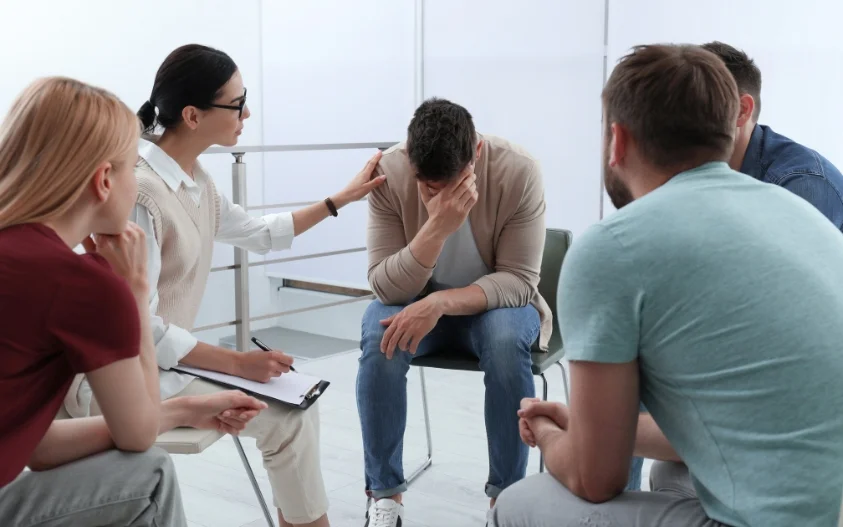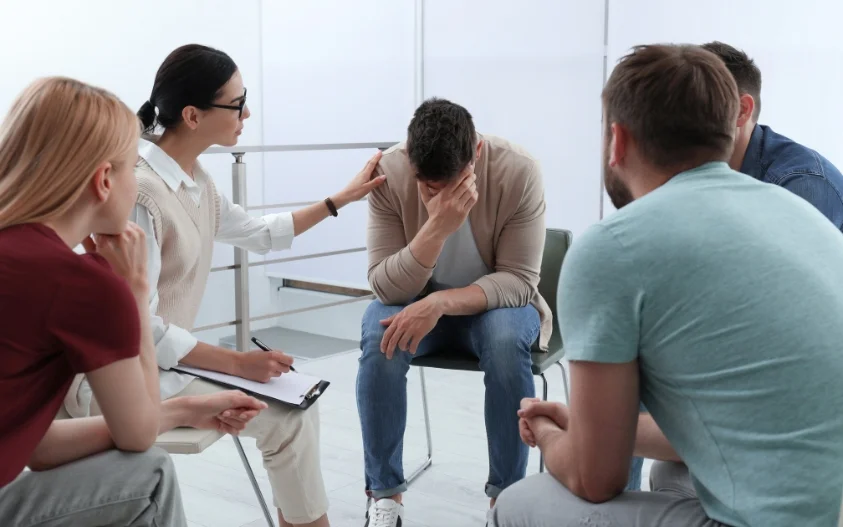24/7 Helpline:
(866) 899-221924/7 Helpline:
(866) 899-2219
Learn more about Outpatient Rehab centers in Person County
Outpatient Rehab in Other Counties

Other Insurance Options

Molina Healthcare

Carleon

CareFirst

United Health Care

Coventry Health Care

Health Partners

UnitedHealth Group

Absolute Total Care

American Behavioral

Excellus

Anthem

Medical Mutual of Ohio

ComPsych

Covered California

Sutter

MHNNet Behavioral Health

AllWell

Health Choice

Sliding scale payment assistance

State Farm

Freedom House Recovery Center
Freedom House Recovery Center - South Madison Boulevard offers outpatient treatment for individuals ...








































Life Changes
Life Changes offers a variety of programs including EAP Services, DWI Assessments & Treatment, and S...




















